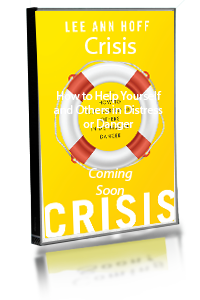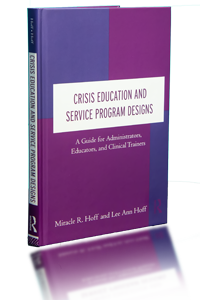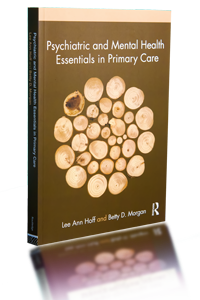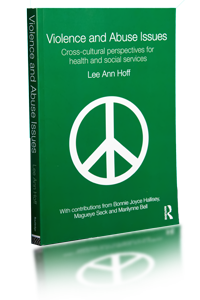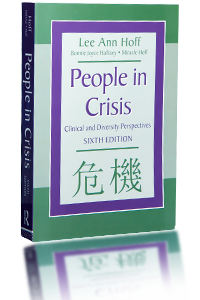
Consortium
INVITATION (to prospective collaborators interviewed between 2011-2013)
International Consortium Idea: Systematic Education of Health and Social Service Professionals on Crisis and Violence Issues
In 1986, the US Department of Health and Social Services published the Report: Surgeon General’s Workshop on Violence and Public Health. Among the outcomes submitted by the 150 interdisciplinary Workshop attendees (including myself) was this recommendation: As a condition of licensure, all health and social service professionals should be instructed and examined on essential content regarding violence issues across client lifespan and in diverse settings. This Workshop Report underscores healthcare as a major domain of social life, along with economic, religious, political, educational and legal institutions. Therefore, the power of health and social service professionals to make a difference on this issue cannot be overstated.
Much progress has been made in education and practice protocols regarding violence prevention and the care of both victims and perpetrators, including idealistic models nationwide and internationally. Yet, survey data and evidence from attendees of continuing education programs reveal the current incidental vs. systematic inclusion of violence and abuse content in the formal education of health and social service professionals. The typical designation of course titles on this topic is “elective” vs. required, and thus short-changes vast numbers of health and social service graduates—for example, offering only a guest lecture or two on this complex topic. While keen interest and goodwill abound, educators preparing future health and social service practitioners are challenged by significant constraints: One, the need to cover a wide range of required content in accredited degree programs for national licensing examinations that qualify graduates for professional practice; another, many professors feel unprepared to teach on violence issues because they lacked such content in their own degree programs, thus implying need of trainer-training programs. This situation is exacerbated cross-culturally in poor countries with fewer resources to address the issue,
The consortium idea is envisioned as a major outcome of an international interdisciplinary Symposium: CRISIS, VIOLENCE, AND HUMAN RIGHTS—Education/Training, Research, Service Issues, with adaptability to Continuing Education requirements for practicing health and social service professionals. The envisioned program was piloted at the Institute for Applied Psychology (ISPA) in Lisbon, Portugal, where as Visiting Professor I served as curriculum consultant and teacher in several courses, and was adapted at City University, London, UK. Employing traditional classroom and online methods, the expansion of this program requires a multi-step collaborative approach by prospective Universities in the U.S. and Canada. This includes grant proposals under University auspices for necessary financial support from governmental and Foundation entities. I would spearhead this effort in collaboration with qualified University faculty and NGOs interested in the consortium idea and/or are already teaching on the topic, or providing crisis care and violence prevention services. The multi-step planning and implementation includes obtaining baseline data via the Delphi survey technique:
- Convene a Symposium –beginning with identification of key stakeholders and grant writers, roughly, a 2-year process including refinement of the ISPA pilot-tested Certificate program.
- Launch the Consortium between U-Mass Lowell and Boston campuses, Boston University (my Alma Mater), U of Ottawa (Adjunct Professor), and U of Calgary (a suicidology affiliation).
- Expand to international level (e.g. Commonwealth University system, London; the Global Health Initiative at Boston University), and the 5-campus U-Mass system.
Lee Ann Hoff, February 2014
